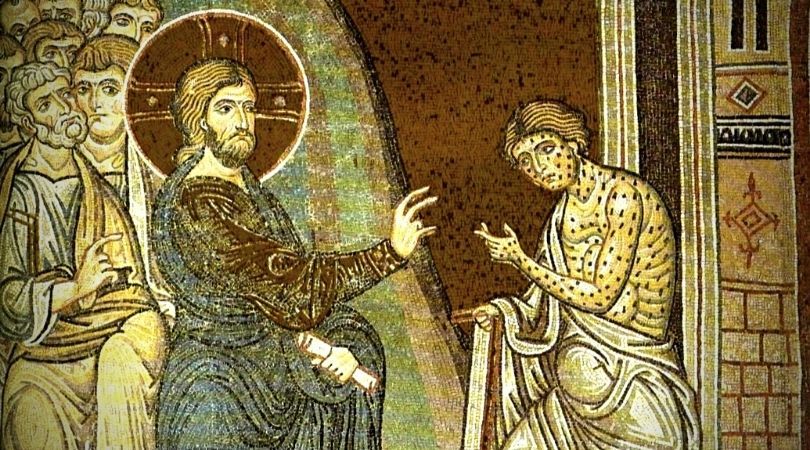A painful moment recounted in a Christian magazine:
He had been a priest for 25 years. He was a generous colleague to other clergy in the area, serving on committees and filling in while some were sick or on holiday. He had friends in other churches — or so he thought.
Then a dispute erupted in his church resulting in public charges, counter charges, angry public meetings, and critical articles in the local newspaper. A long, ugly, drawn-out legal process tore the parish apart. Seeing him at meetings, his fellow clergy were friendly — but distant. After all, they had their own churches — and skins — to worry about.
In time, the issues were resolved and the parish was healing. At their next gathering, his fellow priests greeted him warmly, clapping him on the back, shaking his hand. One priest offered a prayer of thanksgiving that all had ended well.
Later at the meeting, the priest stood and asked to speak. He didn’t talk about the issue his parish had faced or the long legal process. He told his brother and sister priests “about the silence at the centre of the noise” — about the phone that never rang in a gesture of friendship, his feeling of being deserted by friends and colleagues in ministry.”
“Where were you?” he asked. “I didn’t expect you to take a stand alongside me. It wasn’t your battle. I did expect your friendship, your offers of prayer, a shared cup of coffee. We could have talked about something else. Or we could just sit together for a bit, not saying anything. Where were you?”
A priest who was there remembers, “There was a silence and downcast faces. In our silence, we were ashamed. And, I hope, recalled our better selves, as priests and as people.”

Our attitudes and perceptions can reduce others to “lepers”: those we avoid for fear of being caught up in their problems or crises, those who we don’t those who don’t “fit” our image of class and decorum, those whose politics or religion or race or gender seem to threaten our own. We exile these “lepers” to the margins of society outside our gates; we dismiss them with simplistic labels and unfair stereotypes; we reject them as too “unclean” to be part of our lives and our world. The Christ who heals lepers comes to heal us, as well, of our debilitating sense of self that blinds us to the sacredness and dignity of those we demean as “lepers,” to heal us of our own “leprosy” so that we are able to realize again that God extends his compassion and grace even to the likes of us. Before God, no one is a leper, no one is beyond the reach of God’s healing mercy and compassion; all of us are sons and daughters of God; all of us are made in the sacred image of the God of justice, peace and reconciliation